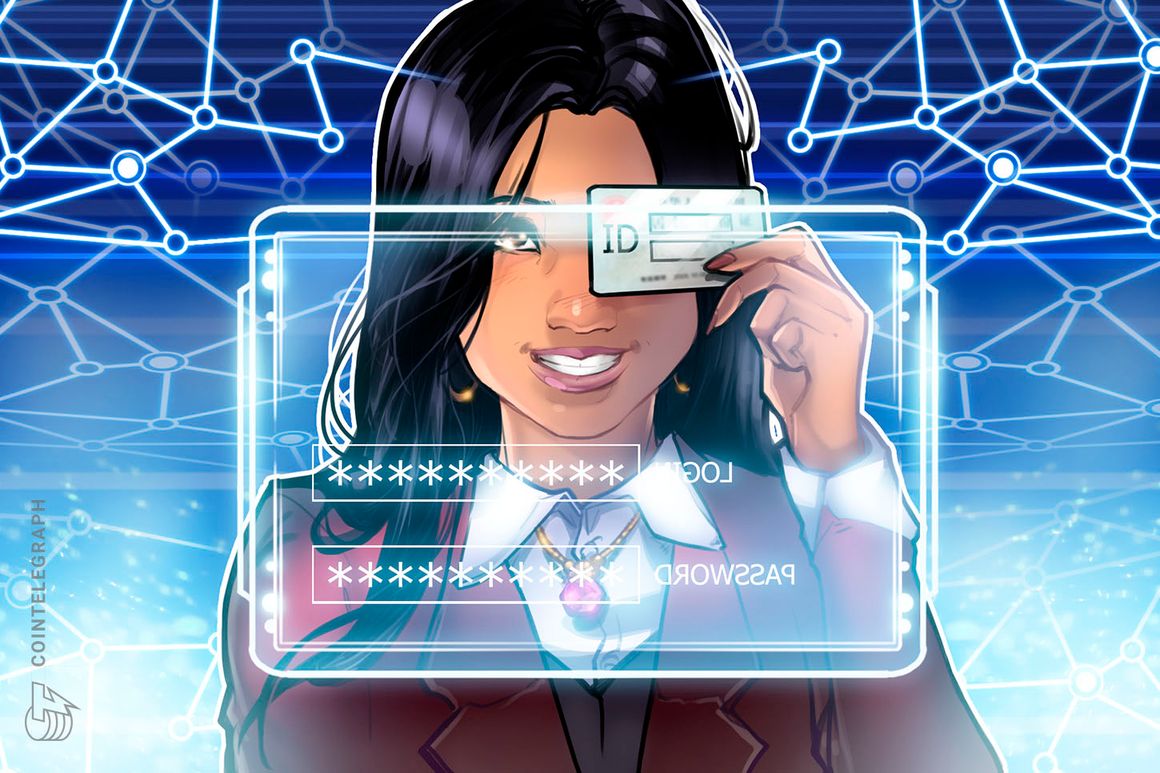
Over 214 million Brazilians are set to benefit from the use of blockchain technology for digital identity, as announced by the government.
Rio de Janeiro, Goiás, and Paraná will be the first states to implement identification documents on the blockchain through a private blockchain developed by Serpro, Brazil’s national data processing service. The rest of the country is expected to be able to issue identity documents through blockchain technology by November 6, according to a decree on September 25.
Advantages of blockchain technology for digital ID
Alexandre Amorim, president of Serpro, highlighted the benefits of using blockchain technology for the country’s digital identification project:
“Blockchain technology plays a critical role in protecting personal data and preventing fraud, offering a more secure digital experience for Brazilian citizens. Utilizing the b-Cadastros blockchain platform significantly enhances the security and reliability of the National Identity Card project.”
Combating organized crime and streamlining administrative processes
The national ID project is seen as a crucial step in fighting organized crime and improving coordination between government sectors. It also aims to simplify access to services and streamline administrative records. Buenos Aires, the capital city of Argentina, has also introduced a similar initiative, enabling residents to access identity documents through a digital wallet.
Unifying identity issuance and improving data exchange
In recent years, Brazil has been working to consolidate the issuance of identity documents across its nearly 30 states. The implementation of blockchain technology will facilitate more secure data exchange between the Federal Revenue and government departments.
Central bank digital currency (CBDC) in the works
Another significant development in Brazil is the upcoming launch of a central bank digital currency (CBDC) called Drex. In August, the government provided more details about the project and rebranded the digital currency to Drex.
The central bank plans to expand business access to capital through a tokenization system associated with Drex. However, concerns have been raised as a local developer discovered that the Drex code allows a central authority to freeze funds or reduce balances.
Did you miss our previous article...
https://trendinginthenews.com/crypto-currency/is-the-ai-market-on-the-verge-of-saturation






